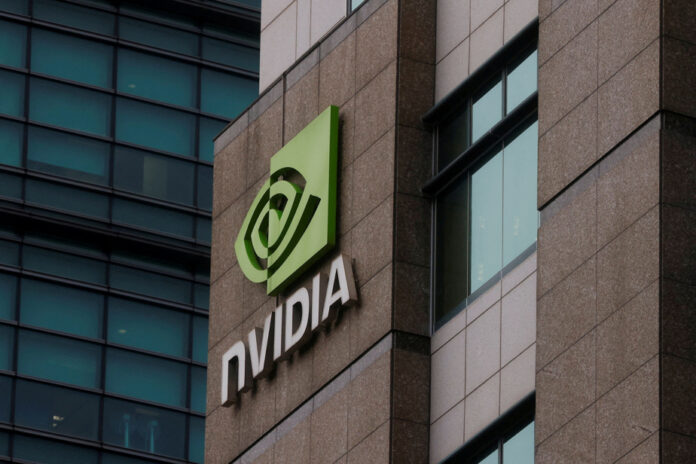(San Francisco) Driven by the boom in artificial intelligence, processor giant Nvidia doubled its year-on-year revenue in the second quarter to $13.5 billion, of which it generated $6.2 billion. net profits (843%).
The Californian group thus published results on Wednesday well beyond its forecasts and those of the market. Its title took nearly 9% during electronic trading after the close of trading.
In detail, according to its results press release, it is its core business that has taken off.
The semiconductor business for data processing and storage centers had sales of more than $10 billion in the past quarter, a year-on-year jump of 171% – a “record” according to Nvidia.
In May, Nvidia had already reported results above expectations and had above all published an astronomical forecast for its second quarter, representing an increase of 64% compared to the same quarter of 2022.
Objective achieved and largely exceeded, therefore, by the group co-founded by Taiwanese Jensen Huang twenty years ago.
It is best known for its graphics processors (“GPUs”), which allow you to play high-resolution video games or video conferences, among other things.
But the craze for the latest generation of artificial intelligence has created enormous needs in these cutting-edge components since the beginning of the year.
Nvidia’s flagship product, the H100, is by far the most popular in the industry and is worth tens of thousands of dollars each.
It allows giants of so-called “generative” AI to launch programs capable of creating text, music, images or video without human intervention, in response to a request in everyday language, like ChatGPT.
According to research firm TrendForce, this interface requires around 30,000 graphics processing units (GPUs) to operate.
In May, Jensen Huang compared the outbreak of ChatGPT last winter to that of the iPhone in 2007, when “all the technologies were emerging at the same time and helping everyone realize the incredible potential of this product and its capabilities”. He had assured that his company was ready to meet the demand.
The production of the overwhelming majority of semiconductors used to drive artificial intelligence models around the world depends on two companies, Nvidia, for the design, and Taiwanese TSMC, for the manufacturing.
The production of these chips is considered a national security issue by some governments, including the United States.















